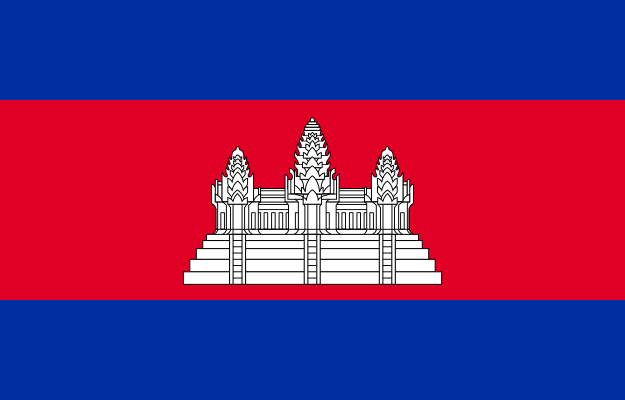
PHNOM PENH, Cambodia — Police arrested the leader of Cambodia’s main opposition party in a surprise raid on his home in the capital early Sunday, and the government issued a statement accusing him of treason.
The arrest of Kem Sokha dealt a major blow to the opposition ahead of elections due next year and was sure to raise political tensions in the volatile Southeast Asian country.
The move comes amid a push by the government of Prime Minister Hun Sen, one of the world’s longest serving rulers, to shutter critical news outlets in what analysts say is a bid to strengthen its position before the 2018 vote.
Kem Sokha was taken away in handcuffs after a force of between 100 to 200 officers arrived at his Phnom Penh home around midnight, according his daughter, Monovithya Kem, who is also a member of his Cambodia National Rescue Party.
Monovithya Kem said on Twitter that police showed no warrant for her father’s arrest. She said later that his whereabouts were unknown.
His Cambodia National Rescue Party said the arrest violated the constitution because Kem Sokha has parliamentary immunity and called on the government to release him.
In an official statement issued after the arrest, the government said it had obtained a video clip and other evidence indicating “secret plans of a conspiracy between Kem Sokha … and foreigners to harm the Kingdom of Cambodia.”
The statement gave no details but called the actions “treason.”
The administration of Hun Sen, an authoritarian leader who has held a tight grip on power for more than three decades, has put increasing legal pressure on its critics, the media and political opponents ahead of national elections due in July.
Legal threats forced Kem Sokha’s predecessor, Sam Rainsy, to resign this year from the Cambodia National Rescue Party that he had led.
John Sifton, Asia advocacy director at Human Rights Watch, said the arrest was “an extremely disturbing development and a setback for democracy in Cambodia.”
“The government’s charges lack credibility, given its long record of misusing its legal system to silence or intimidate critics and political opponents,” Sifton said.
——
Associated Press writer Matthew Pennington in Washington contributed to this report.